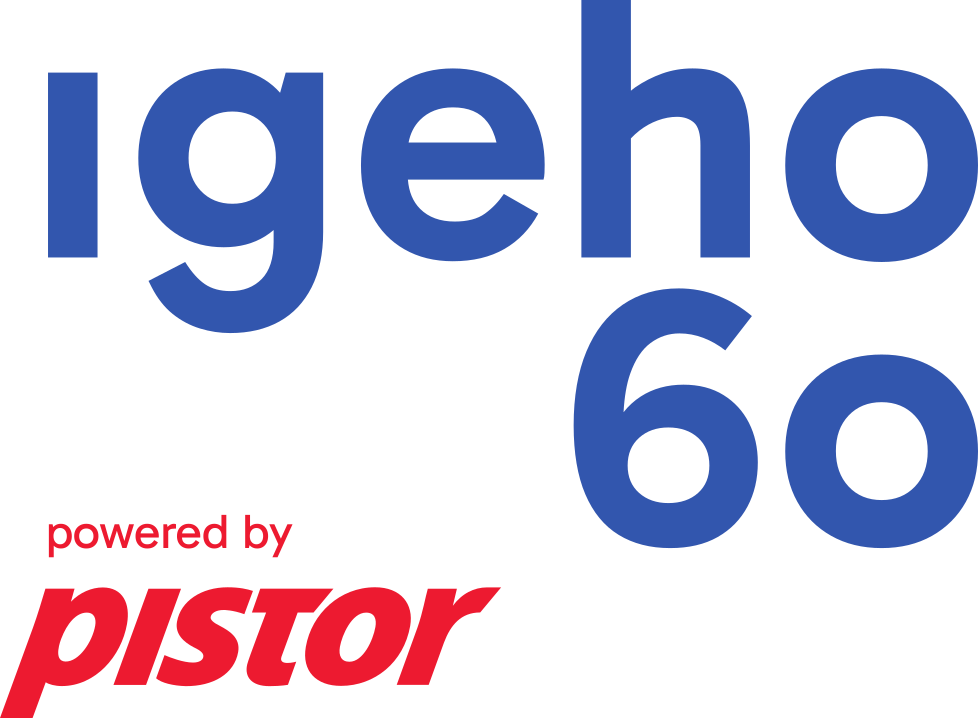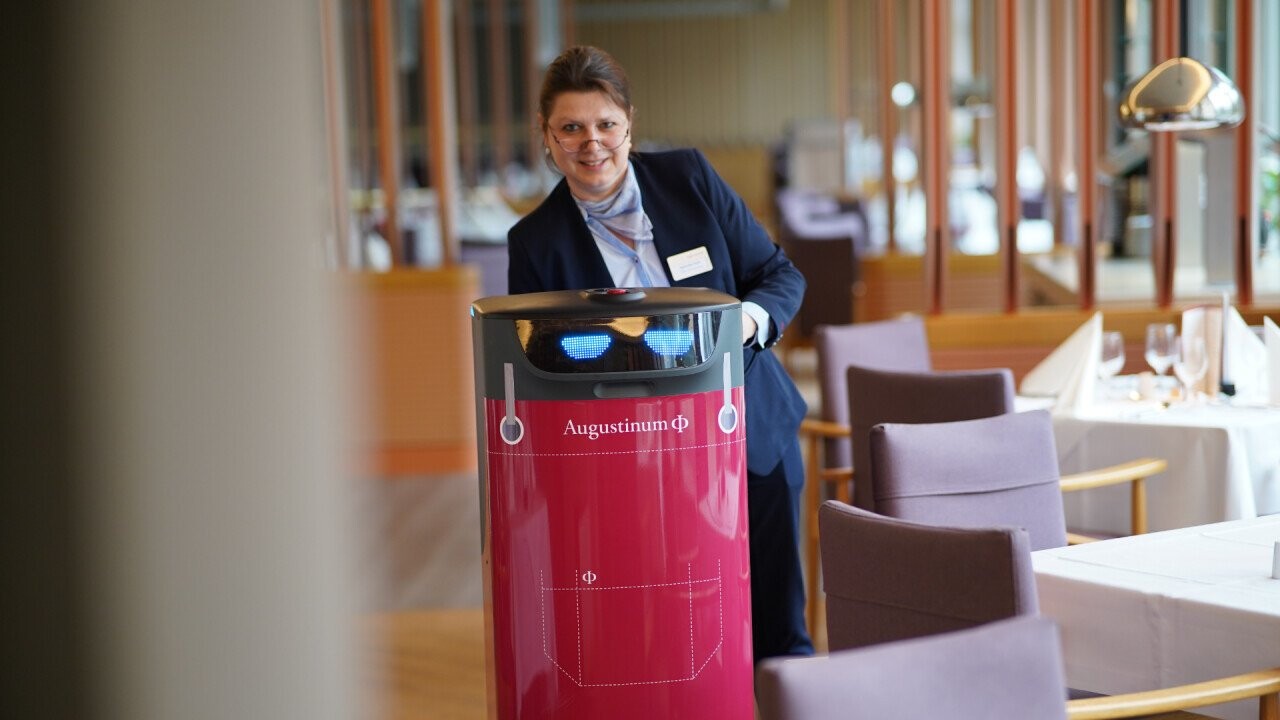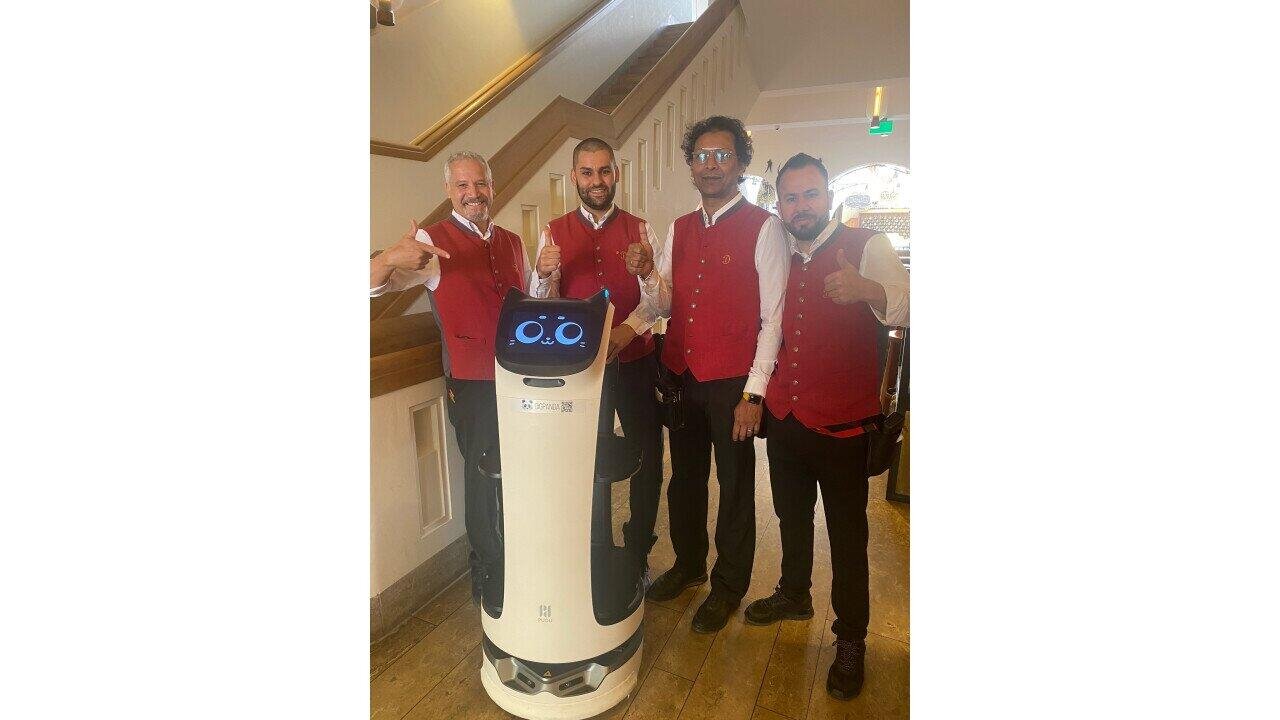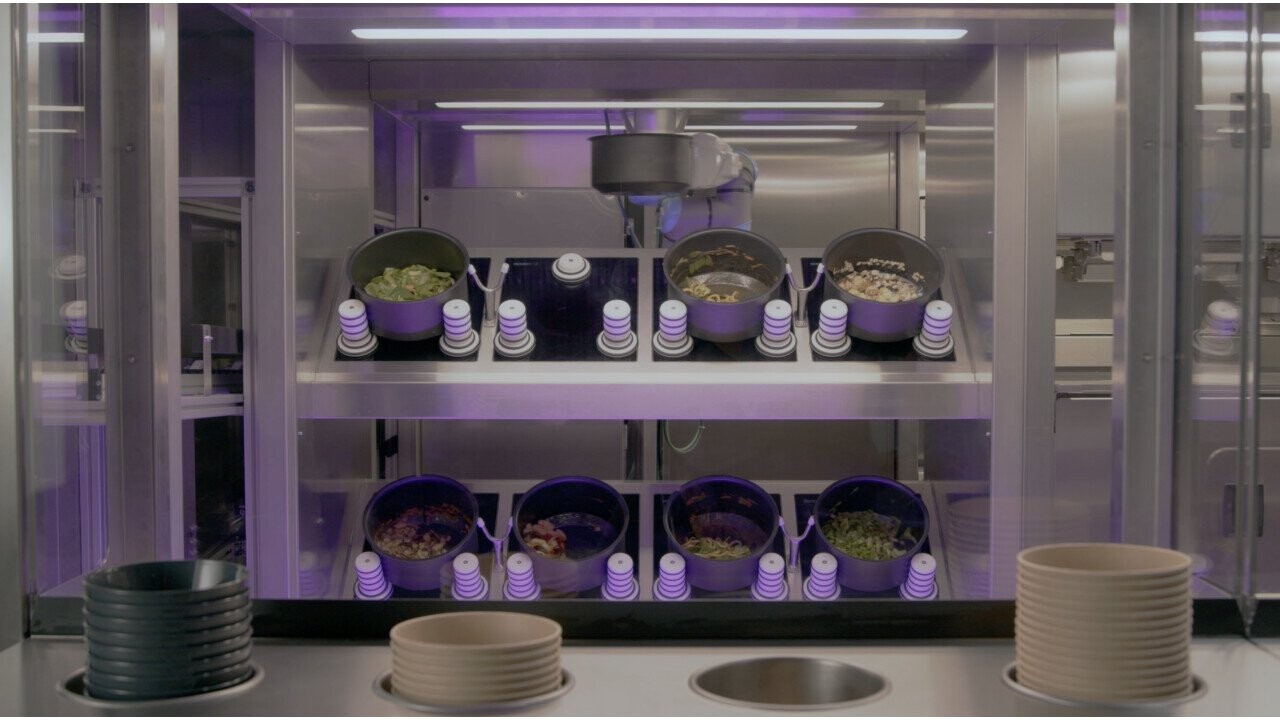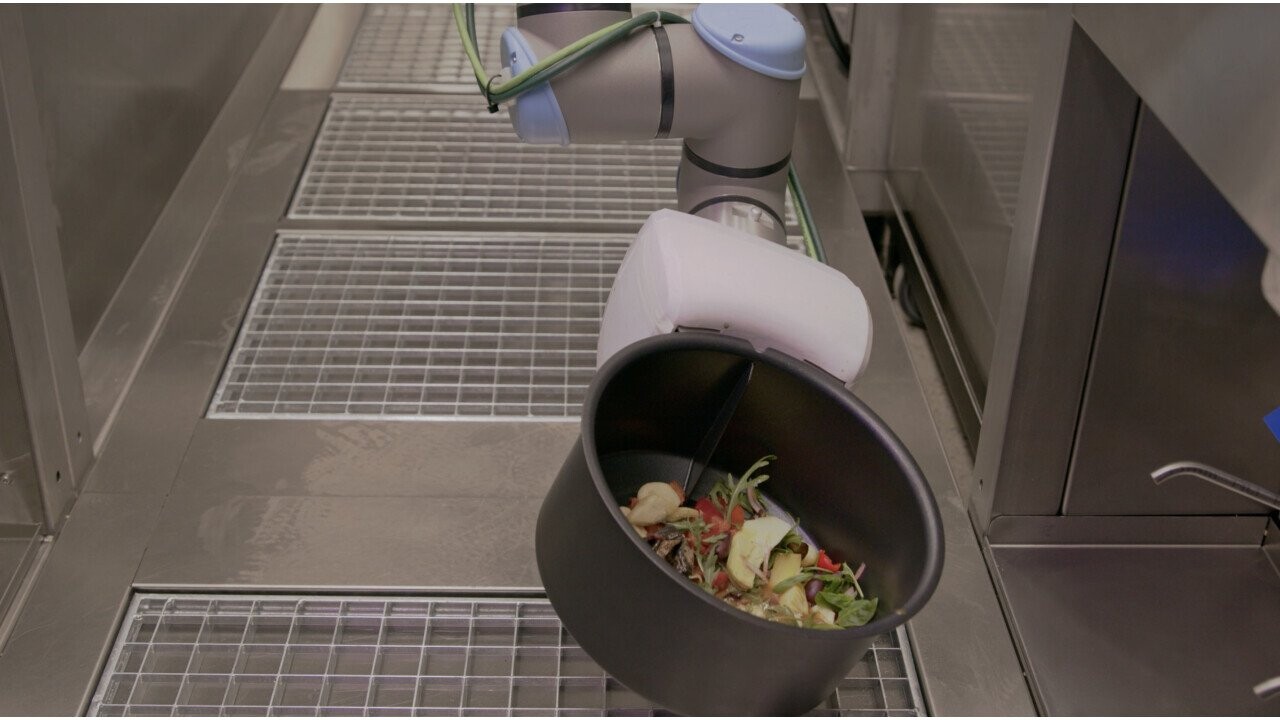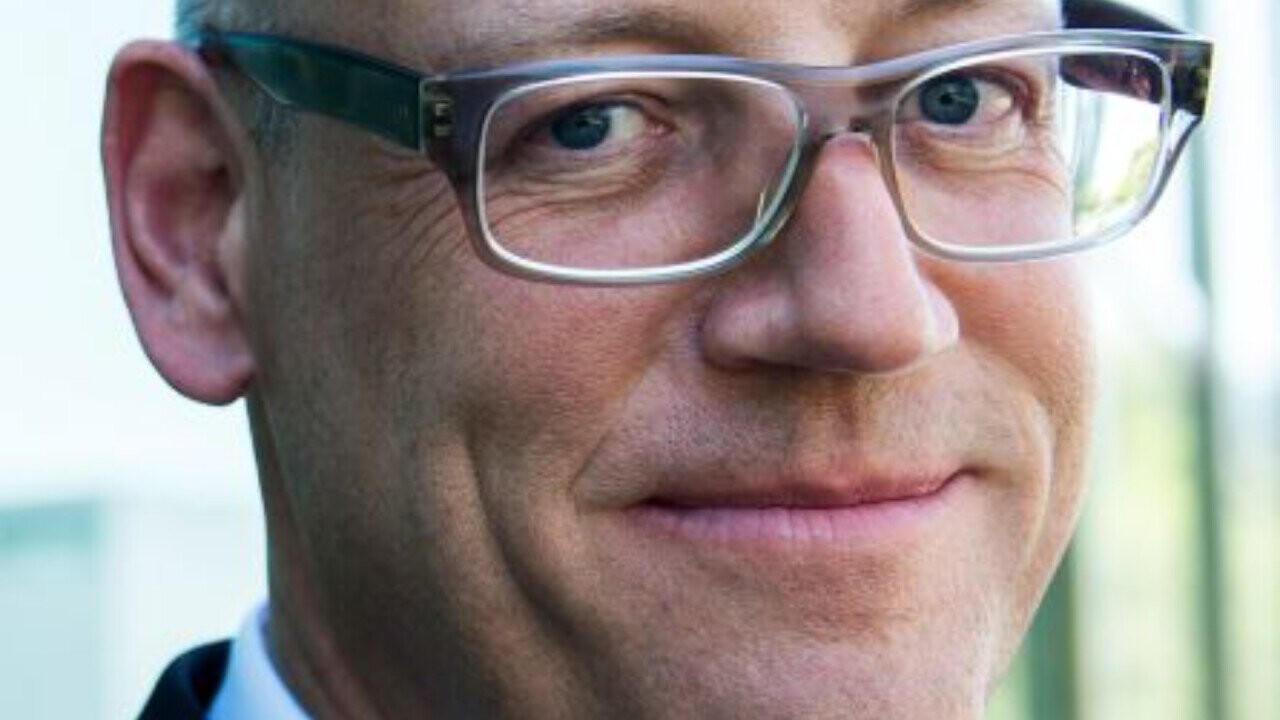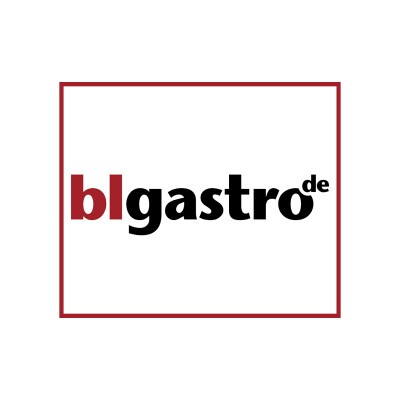In the future with robots?
How much robotics is ethically desirable in the hospitality industry? We talked about this with the philosopher of technology Prof. Dr Oliver Bendel, who deals with information, machine and robot ethics.
Prof. Bendel, in university catering and nursing there are already so-called social robots, such as Pepper, which show empathy and emotions. What do you think of that?
Robots don't have feelings. If they show any, you can call it a cheat. But you should consider that in certain situations it is necessary for a robot to communicate like a human being. Imagine a teaching robot that teaches a human: it would be strange if the robot did not praise the human when the latter solves a task correctly. Even if, of course, the robot cannot feel any real pride in its pupil.
Things get difficult as soon as robots try to establish lasting bonds with humans by recognising feelings in humans and simulating them themselves. Negative examples can be found not only in hardware robots, but also in chatbots and voice assistants. I think this is particularly worrying when dealing with vulnerable groups, such as children and senior citizens.
We expect creativity from a chef. Will that soon be forgotten in favour of quick and cheap food made from standardised recipes from a machine?
Hopefully, the cook as an artist will never disappear. I've been a vegetarian for 40 years and can tell a few anecdotes about pasta with tomato sauce or vegetable platters that robots would probably have prepared much better. But special culinary experiences, like the one I had in an individual gastronomic family business in Sicily, are not something robots will give us any time soon.
Can cooking robots also respond to their guests individually?
To some extent, yes. If you feed them a profile, they can respond to the needs of specific customers. Again, these are algorithms, but they are not general, they are related to a human. This is already being used in the restaurant industry, for example with Barney Barista. You can enter your name on a display. The robot remembers the drinks you have ordered.
So robots will also be used in bars and cafés in the future?
Yes, I think that in the future, space will be planned for bar robots in newly built cafés. Cocktail and coffee robots will also be added. We have also investigated their interaction in a unique study called "How Can Bar Robots Enhance the Well-being of Guests? They are an attractive attraction in shopping malls and airports because they entertain guests. But I think they should only be used in traditional cafés together with human service staff.
Then humans will remain irreplaceable in service?
I hope so, because a restaurant or especially a bar or pub is a social environment where people want to talk. People come there because they are looking for a connection. It's true that the guests can also get together with each other, but I think something is missing without a bartender behind the bar. Just him greeting newcomers or recognising when someone has had enough to drink.
Which robots do you see on the rise?
I think there will soon be more transport and serving robots like BellaBot and Plato, autonomous and semi-autonomous models. They clear dishes or bring the food to the guest. At Hiltl Sihlpost in Zurich, a BellaBot travels between the buffet and the kitchen. In Santa Monica last year, I encountered a transport robot from Segway that was remote-controlled by Coco's employees.
What could the future of a gastronomy with robots look like?
It would be best if robots and humans worked there, because both have their merits. In a vegetarian fast-food restaurant, I would have no problem with being served only by robots. But everywhere where people like to linger, robots alone would be too little. You can continue to automate at the Hiltl, but I would like to be served by humans in the restaurant of the main building. But the quality of service can still be improved.
Thank you very much for the interview! Denise Kelm
Practical examples
Robots with aprons
The Augustinum Service Gesellschaft recently introduced two clearing robots in the senior residences in Freiburg and Kassel: Holabots by DigPanda. To give them a friendlier appearance, they have been given graphic aprons with the Augustinum logo and names. They move dishes from the residents' restaurant to the dishwashing area. Tonio Haase, who supervised the project, says: "The Holabots work hand in hand with the colleagues, some of whom are also older, who are grateful when they relieve them of some of their duties. However, they do not approach the residents. For the Augustinum, the human relationship between staff and residents is too important. Although the robots are programmed to say a few sentences, they were ultimately muted. "When they detected an obstacle, they asked you to get out of the way. That didn't always sound friendly to our ears, so we deactivated the function," Tonio Haase reasons. The residents get along very well with the robots and have fun with them. Christoph Specht, Managing Director of the Augustinum Group, concludes: "Our residents are far more modern and progressive than we sometimes think. But: a robot is still far from replacing a service employee, but it can provide support and thus create more time for customer contact."
Bella speaks Bavarian
Peter Reichert, landlord at the Donisl inn on Munich's Marienplatz, also uses a robot in service. His team is supported by a BellaBot from the manufacturer DigPanda: "It helps clear the table and is, so to speak, a waiter for our waiters. It is very useful as a link between the bar and service, but it should not approach the guests," says Peter Reichert. Both the Augustinum and the Wirtshaus Donisl on Marienplatz observe that guests and robots harmonise. "Our Bella speaks Bavarian. Cabaret artist Claudia Pichler is the Bavarian voice of BellaBot. That thrills the guests in our rustic inn," Peter Reichert tells us.
Robotics and Feelgood
At Yaya Onepots, only 80 to 100 dishes are served a day. Nevertheless, Dennis and Kevin Grote's concept runs with a cooking robot they developed themselves. In the restaurant in Münster, everything is automated: the guests order their dishes via service terminals and can watch as the robot puts together their menu. "The robot is very efficient because it works quickly and reliably. The quality is always high because it never deviates from the standard. And we save on staff," Dennis Grote sums up. Dennis Grote, who owns seven GOP Varieté theatres with nine catering concepts, does not share the concern that jobs will be lost through automation. In fact, the YaYa concept only came into being because there was a lack of staff for expansion. Nevertheless, human service is important: "We have hired a feel-good manager who only cares about the well-being of the guests - and helps them at the terminals.
